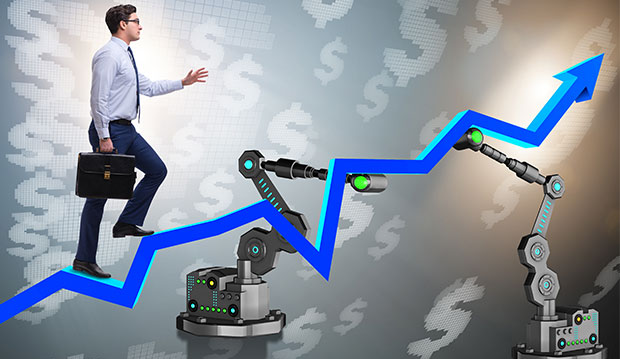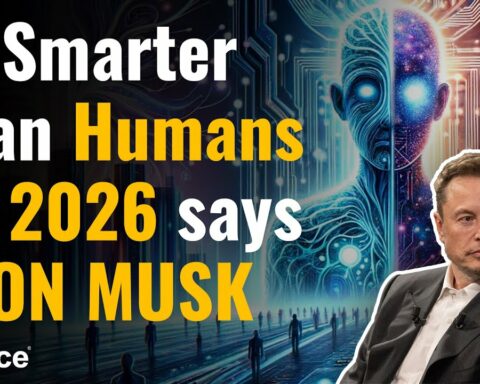In the fast-paced digital age, businesses are constantly seeking innovative ways to enhance their operations and gain a competitive edge. As a result, the demand for workplace artificial intelligence (A.I.) solutions has skyrocketed. To meet this ever-growing need, tech companies are racing to develop and offer cutting-edge A.I. technologies.
The Growing Demand for Workplace A.I.
Workplace A.I. encompasses a range of technologies, including machine learning, natural language processing, and robotic process automation. These technologies can automate repetitive tasks, analyze vast amounts of data, and make intelligent predictions, enabling businesses to operate more efficiently and make data-driven decisions.
Mark Austin, AT&T’s vice president of data science, observed a notable occurrence earlier this year. Several developers within the company had begun incorporating the ChatGPT chatbot into their work processes. In instances where these developers encountered obstacles, they turned to ChatGPT for assistance in elucidating, repairing, or refining their code.
So in January, AT&T tried a product from Microsoft called Azure OpenAI Services that lets businesses build their own artificial-intelligence-powered chatbots. AT&T used it to create a proprietary AI assistant, Ask AT&T, which helps its developers automate their coding process. AT&T’s customer service representatives also began using the chatbot to help summarize their calls, among other tasks. “Once they realize what it can do, they love it,” Austin said. Generative AI can produce its own text, photos and video in response to prompts, capabilities that can help automate tasks such as taking meeting minutes and cut down on paperwork.
Tech Companies at the Forefront:
In response to this emerging demand, tech companies are vigorously striving to launch business-oriented products infused with generative AI capabilities. Within the last three months, prominent companies such as Amazon, Box, and Cisco have announced their intentions to introduce generative AI-powered products that can generate code, analyze documents, and provide meeting summaries.
These companies are also investing more in AI development. In May, Oracle and Salesforce Ventures, the venture capital arm of Salesforce, invested in Cohere, a Toronto startup focused on generative AI for business use. Oracle is also reselling Cohere’s technology.
Numerous tech companies are emulating Microsoft’s lead, as the tech giant has allocated a substantial $13 billion investment in OpenAI, the creator of ChatGPT. In January, Microsoft launched the Azure OpenAI Service, granting customers access to OpenAI’s technology, enabling them to develop their personalized iterations of ChatGPT. According to John Montgomery, a corporate vice president at Microsoft, the service had amassed 4,500 customers by May.
Recognizing the immense potential and market demand, tech companies are investing heavily in developing workplace A.I. solutions. Industry giants and startups alike are vying to provide businesses with tailored A.I. platforms, intelligent chatbots, virtual assistants, and data analytics tools.
As businesses strive to thrive in an increasingly competitive landscape, workplace A.I. has become a vital asset. The demand for A.I. technologies continues to rise, prompting tech companies to develop innovative solutions that cater to businesses’ automation needs. By embracing workplace A.I., companies can unlock new levels.








